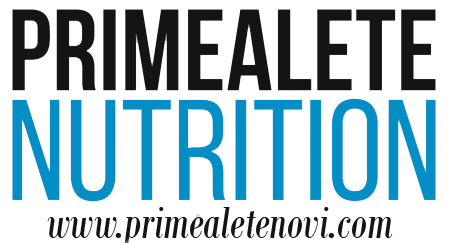A reader recently asked me a question about fiber: “Fiber is an essential nutrient for gut health, heart health, blood sugar stability, and satisfaction after eating. But can you overdo it?” I typically get asked how to get more fiber into the diet, but I wanted to address this question since you can overdo it when it comes to fiber or if it is not introduced properly into your diet.
What is fiber?
While most nutrients get absorbed in the body, fiber is a complex carbohydrates that are passed through our system without being digested by enzymes. Fiber can be broken into two categories, soluble and insoluble. Soluble fiber, found in oats, nuts, seeds, fruits, vegetables, flaxseeds, and beans, dissolve into a gel-like substance. Research suggests that consuming soluble fiber can help lower LDL (AKA “bad”) cholesterol which is beneficial for heart health. Insoluble fiber can be found in vegetables, whole grains, and wheat bran, and moves through the body undigested to keep our gastrointestinal system moving regularly. Additionally, fiber keeps you feeling fuller longer which can reduce excess calories consumed throughout the day.
How much fiber should you eat?
The Food and Drug Administration (FDA) recommends people to consume 14g of fiber for every 1,000 calories consumed. For an average person consuming 2,000 calories, that would mean that they should consume 28g fiber each day. Americans fall short of that recommendation, however, and on average consume only 11g of fiber per day. To add more fiber into your diet, it is important to gradually add it so that you don’t have bloating, gas, and indigestion. That means if you’re going to start eating more fiber, start increasing it by 5 or 7 grams over time until you reach your goal.
Fiber’s best partner in crime? Water. Without water, eating too much fiber can cause your system to back up which results in cramping and constipation. Drink at least 8 glasses of water per day to ensure you are staying hydrated. Also, eat plenty of fruits and vegetables which also contribute to your daily fluid needs.

